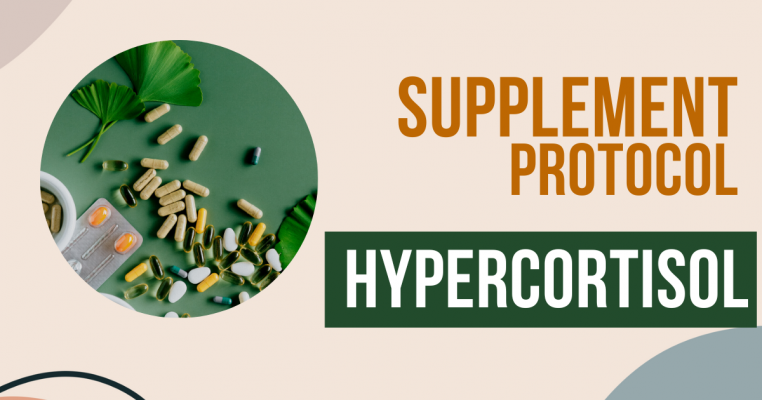Chronic stress is a common issue that many people face in today’s fast-paced world. It can have a significant impact on both your physical and mental health, and can even disrupt your body’s normal functioning.
You may have heard about one of the key systems that is affected by chronic stress – the hypothalamic-pituitary-adrenal (HPA) axis. This is a complex network of interactions between the hypothalamus, pituitary gland, and adrenal glands, and it plays a central role in regulating your body’s stress response.
When you are exposed to a stressful situation, the HPA axis is activated and releases hormones such as cortisol and adrenaline. These hormones help to prepare your body for the “fight or flight” response, which is a natural response to danger. This response is critical for helping you to cope with short-term stress, but when it is activated too frequently or for too long, it can have negative effects on your health.
And note this – the body secretes these glucocorticoids to redirect energy resources to meet real or PERCEIVED demand. Yes, just the idea of stress (or worry) can affect the body.

Source: Moodmetric
Chronic activation of the HPA axis can lead to a state of constant alertness, and this can have a number of negative effects on your body. For example, it can lead to a suppression of the immune system, making you more susceptible to illness. It can also cause changes in your mood and behavior, such as irritability, anxiety, and depression.
One way that chronic stress can be managed is by shifting your body into a more “relaxed” state. This can be achieved through activating the parasympathetic nervous system, which is the part of the nervous system that is responsible for calming the body down after a stress response. When the parasympathetic nervous system is dominant, your body is in a more relaxed state, and this can help to counter some of the negative effects of chronic stress.
Conversely, when the sympathetic nervous system is dominant, your body is in a more “alert” state, and this can exacerbate the negative effects of chronic stress. By shifting your body into a more parasympathetic dominant state, you can help to reduce the negative effects of chronic stress and promote overall health and well-being.
Since chronic stress can have a significant impact on your health, it is important to your health to learn how to regulate your body’s stress response. By shifting your body into a more parasympathetic dominant state, you can help to reduce the negative effects of chronic stress and promote overall health and well-being.
Techniques to Manage Stress
There are several ways to reduce the “fight or flight” response, which is the body’s natural response to perceived danger. Some of the most effective ways to do this include:
Deep breathing exercises: Taking slow, deep breaths can help to activate the parasympathetic nervous system, which is responsible for calming the body down after a stress response.
Mindfulness and meditation: Practicing mindfulness and meditation can help to quiet the mind and promote a sense of calm and relaxation.
Exercise: Regular physical activity can help to reduce stress and anxiety, and can also improve overall physical health.
Social support: Surrounding yourself with supportive friends and family members can provide a sense of connection and help to reduce feelings of stress and anxiety.
Prioritizing self-care: Taking care of your own physical and mental health is crucial for managing stress. This can include getting enough sleep, eating a healthy diet, and engaging in activities that you enjoy. Ask yourself – what brings you joy?
Reducing the “fight or flight” response is important for managing chronic stress and promoting overall health and well-being. By incorporating these strategies into your daily routine, you can help to reduce the negative effects of stress and improve your overall health and well-being.

A Step in the Right Direction
Your return to health starts by signing up for an insightful Health Advocacy Session. Learn more about our programs today.
The Wellness Journal







